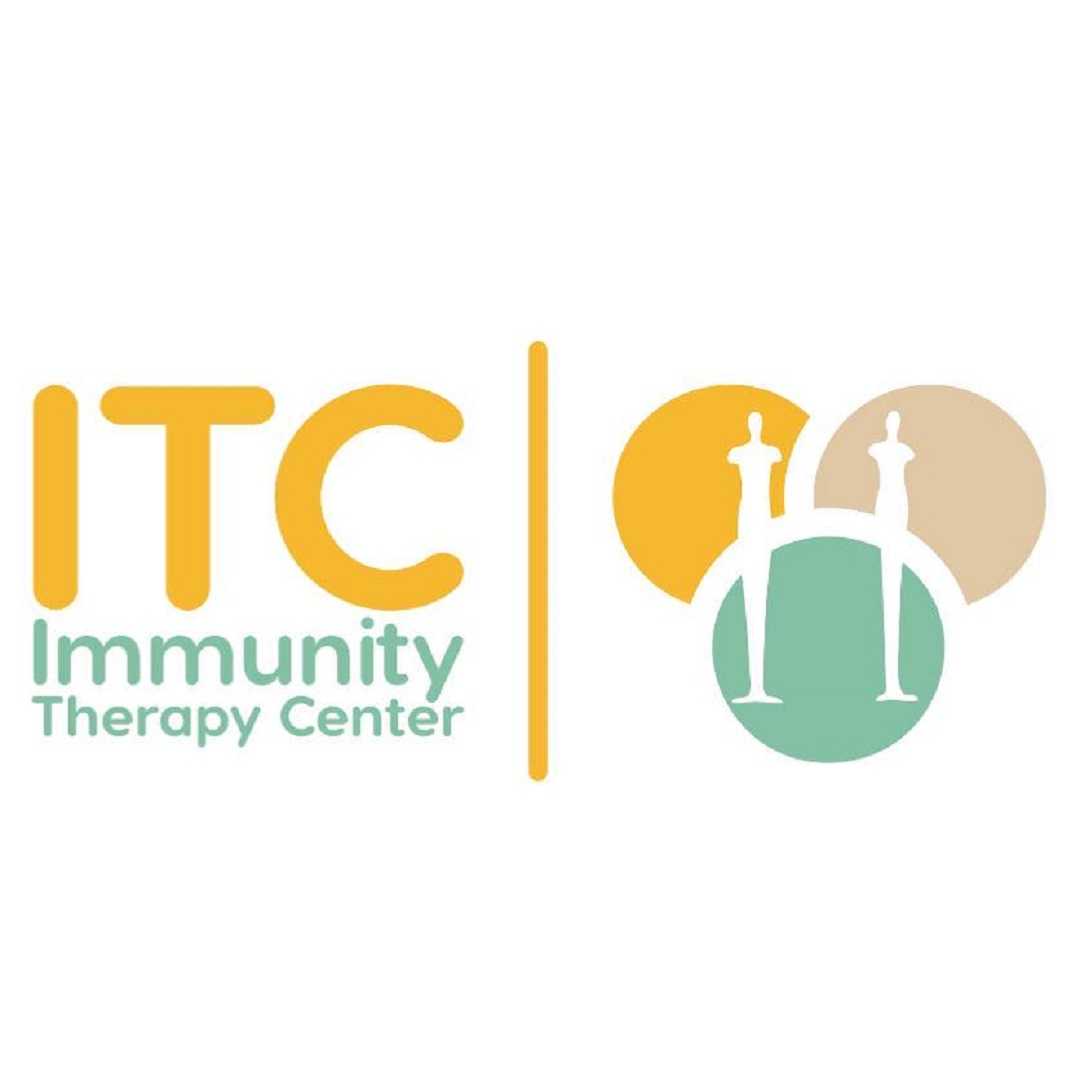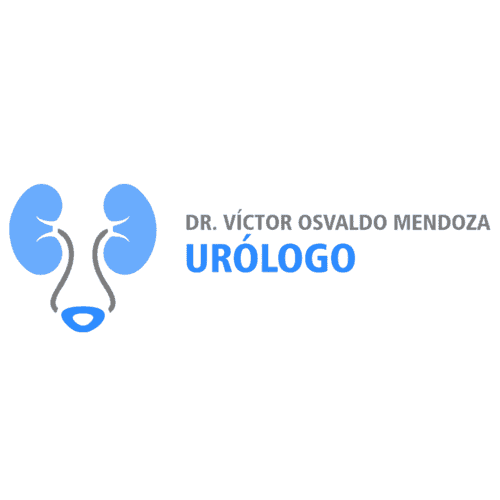
Table of Content
CAR-T cell therapy represents a major advancement in the treatment of leukemias, offering new hope for patients who have not responded to traditional treatments. This cutting-edge therapy harnesses the power of the patient’s own immune system by genetically modifying T cells to recognize and attack leukemia cells. The "CAR" in CAR-T stands for Chimeric Antigen Receptor, a specially designed receptor that allows these modified T cells to target cancer cells with greater precision.
By introducing these engineered cells into the patient's body, CAR-T therapy aims to destroy cancer cells that other therapies have failed to eliminate. In Mexico, the adoption and development of CAR-T cell therapy have been significant, with various medical institutions working diligently to integrate this innovative approach into their treatment protocols, striving to offer patients the most advanced care possible.
Key Eligibility Criteria for Effective CAR-T Treatments
Eligibility for CAR-T cell therapy is determined by several critical factors to ensure it is the most suitable treatment for each patient's condition. Primarily, the patient must be diagnosed with a type of leukemia, such as B-cell acute lymphoblastic leukemia (ALL) or chronic lymphocytic leukemia (CLL), known to respond well to CAR-T therapy.
This therapy is especially relevant for patients whose leukemia has relapsed or shown resistance to previous treatments, providing a vital option when other therapies have failed. Additionally, patients need to have overall good health, a strong immune system, and the capacity to manage potential side effects. While age may influence treatment decisions, CAR-T therapy is applicable to both adults and children, tailored to individual clinical needs and protocols.
Inside the CAR-T Cell Therapy Process: From Collection to Combatting Cancer
CAR-T cell therapy is a sophisticated and personalized approach to treating cancer, involving several precise steps to ensure its effectiveness. The journey begins with leukapheresis, a procedure where T cells are extracted from the patient’s blood. This step isolates the T cells, which are crucial for the therapy, from the rest of the blood components. These harvested T cells are then sent to a specialized laboratory where they undergo genetic modification. During this phase, a gene encoding the chimeric antigen receptor (CAR) is inserted into the T cells, enabling them to specifically identify and bind to leukemia cells.
Following genetic modification, the T cells are cultured and expanded in the lab to produce a sufficient quantity of CAR-T cells. Once this expansion is complete, the engineered cells are infused back into the patient’s bloodstream through an intravenous procedure. The final stage of CAR-T cell therapy involves meticulous monitoring to assess the therapy's effectiveness and manage any potential side effects. This carefully controlled process ensures that the CAR-T cells are fully prepared to target and eliminate cancer cells, providing a tailored and highly effective treatment option for patients.
CAR-T Cell Therapy: Transforming Cancer Treatment Across Tumor Types
Several types of CAR-T cell therapies are available, each targeting different markers on leukemia cells. Here’s a closer look at the main types:
1. B-cell Malignancies
CAR-T cell therapies targeting B-cell malignancies, such as Acute Lymphoblastic Leukemia (ALL) and Diffuse Large B-cell Lymphoma (DLBCL), have shown remarkable progress. For ALL, CAR-T cells engineered to recognize the CD19 antigen are particularly effective. Similarly, in treating DLBCL, CAR-T therapies targeting CD19, including Kymriah and Yescarta, have become pivotal. These therapies have also been applied to Chronic Lymphocytic Leukemia (CLL), although they are less frequently used compared to their application in ALL and DLBCL due to differing disease characteristics.
2. Solid Tumors
In the realm of solid tumors, CAR-T cell therapies are evolving to address complex cancer types. For neuroblastoma, particularly in pediatric patients, CAR-T cells targeting the GD2 antigen have demonstrated significant promise. Similarly, CAR-T therapies targeting mesothelin are being explored for ovarian cancer, while therapies targeting EGFRvIII are under investigation for glioblastoma. These advancements highlight the potential of CAR-T cell therapies to tackle challenging solid tumors by focusing on specific cancer cell markers.
3. Multiple Myeloma
CAR-T cell therapy for Multiple Myeloma has made notable strides with the development of treatments targeting BCMA (B-cell maturation antigen). These therapies have shown encouraging results in clinical trials, providing new hope for patients with this challenging blood cancer. By targeting BCMA, CAR-T cells are designed to attack and destroy myeloma cells more effectively, offering a promising option for those who have exhausted other treatment avenues.
4. Other Hematologic Malignancies
In addition to the more commonly known applications, CAR-T cell therapies are also being explored for other hematologic malignancies like Mantle Cell Lymphoma. These therapies often involve targeting the CD19 antigen, similar to those used in B-cell malignancies. Although still under research, these therapies are showing potential in extending the arsenal of treatments available for various hematologic cancers, offering hope for more personalized and effective options.
Mexico's CAR-T Therapy Innovations: Advancements and Future Prospects
The field of CAR-T cell therapy is rapidly advancing, with researchers in Mexico leading the charge. Efforts are concentrated on developing innovative CAR constructs that enhance the precision and effectiveness of T cells in targeting and destroying leukemia cells. This research aims to not only improve the success rates of CAR-T therapy but also to integrate these treatments with other therapeutic approaches to achieve better overall patient outcomes.
Moreover, Mexican researchers are tackling the challenges of CAR-T therapy by focusing on minimizing side effects such as cytokine release syndrome (CRS) and neurotoxicity. By refining methods to manage these adverse effects, they hope to make the therapy safer and more manageable for patients. Beyond leukemia, there is a growing interest in expanding CAR-T therapy to treat a broader range of cancers, which holds promise for offering new treatment options for various malignancies.
Benefits of CAR-T Cell Therapy in Mexico
CAR-T cell therapy offers several distinct advantages over traditional cancer treatments, making it an attractive option for many patients:
-
Cost-Effective Treatment: CAR-T cell therapy in Mexico often comes at a lower cost compared to other countries, making it more accessible for patients seeking advanced cancer treatments.
-
Advanced Technology: Mexico is at the forefront of CAR-T cell therapy advancements, with access to cutting-edge technology and innovative treatment approaches that enhance the effectiveness of the therapy.
-
Personalized Care: Clinics in Mexico offer personalized CAR-T cell therapies tailored to individual patient needs, improving treatment outcomes and addressing specific cancer types more effectively.
-
Expert Medical Teams: Mexico boasts experienced and highly trained medical professionals specializing in CAR-T cell therapy, providing high-quality care and expertise in managing complex cancer cases.
-
Comprehensive Support: Patients benefit from comprehensive support services, including pre- and post-treatment care, helping to manage side effects and ensure a smoother overall treatment experience.
Top CAR-T Cell Therapy Clinics in Mexico
CAR-T Cell Therapy Specialists in Mexico
Cost of CAR-T Cell Therapy in Mexico
The cost of CAR-T cell therapy in Mexico can vary widely based on factors such as the specific clinic, the complexity of the treatment, and additional services required. Generally, CAR-T cell therapy in Mexico is more affordable compared to many other countries, making it a viable option for many patients seeking high-quality care without the substantial financial burden often associated with this type of treatment. The cost typically includes the entire process, from the initial cell collection and genetic modification to the infusion of CAR-T cells and post-treatment monitoring. Patients should consult with their chosen medical center to obtain a detailed cost estimate and understand what is included in the overall treatment package.
|
Country |
Cost in USD |
|
Mexico |
$200,000 |
|
United States |
$400,000 |
Find Top CAR-T Cell Therapy for Leukemia in Mexico with PlacidWay!
If you or a loved one are considering CAR-T cell therapy for leukemia, exploring your options is crucial. PlacidWay Medical Tourism can assist you in finding top-notch CAR-T cell therapy centers and experts in Mexico. Our team is dedicated to helping you navigate the complexities of medical tourism, providing support and guidance every step of the way. Contact us today to book a consultation and discover how you can access cutting-edge CAR-T cell therapy and take a significant step towards managing leukemia with one of the most advanced treatments available.

.png)



.png)













Share this listing